
Mouth sores may affect any part of the mouth, inside or outside. They differ in look and size. Some of them may be raised and filled with fluids, forming vesicles or bullae while the others might be flat forming ulcers. Ulcer is the loss or erosion of part of the fragile tissue that lines the inside of the mouth. Dead cells and food debris inside of the hole, make ulcer appear white.
Irritation
The normal flow of saliva protects mouth from injuries and inflammation. Whenever there is a negative change in mouth salivation, sensitive tissue becomes prone to damage. Sores may often occur because of the injury or irritation. Many foods, drugs and chemical ingredients found in toothpastes, mouthwash, candy and gum may also cause local irritations and mouth sores formation. Some of the medications may also cause sores, especially cancer chemotherapy drugs.
Infection
The most common causes of mouth sores are viral infections. Sores on the lip and ulcers on the plate are usually being caused by herpes simplex virus.
Herpes zoster is responsible for shingles, a painful disorder causing multiple sores to form on one side of the mouth. Once they enter the body, herpes viruses never leave. They live in nerve cells, where the immune system cannot find them, and they become active from time to time, as the immune system is low.
Bacterial infections may also lead to sores and swelling of the mouth. Bacteria may already be presented in mouth flora spreading from the infected teeth, gums and pseudo pockets, and causing inflammation. Infections that spread from lower teeth may cause severe condition underneath the tongue, called Ludwig’s angina. Infections that originate from upper tooth can even spread to the brain.
Syphilis may also form red, painless sores in the mouth during the first stage of infection. It is highly contagious at this phase, and can be easily spread by kissing. Inflammatory disorders such as Behcet’s syndrome, Stevens-Johnson syndrome and severe celiac sprue, may often cause development of mouth sores.
Treatment
The treatment of mouth sores implies treatment of the underlying cause. Gentle oral hygiene performed with a soft brush may prevent further infections of the sores. Avoiding acidic or salty foods may prevent painful episodes. Anesthetic mouth rinse, such as dyclonine, is often used in treatment.
If the sores are caused by infection, doctors will usually prescribe a corticosteroid gel, which is to be applied to each sore. Laser treatment immediately relieves the pain and prevents returning of the sores, while chemical burning might not be so effective. It consists of burning the sores with a small stick coated in silver nitrate.
- www.nhs.uk/conditions/mouth-ulcers/
- www.nhs.uk/conditions/mouth-cancer/
- Photo courtesy of Bradley Gordon by Flickr: www.flickr.com/photos/icanchangethisright/3781124211



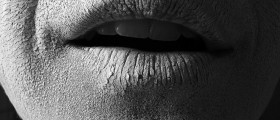

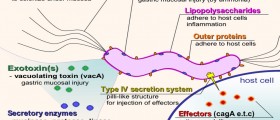
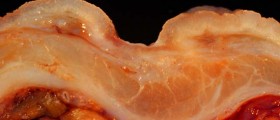

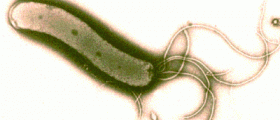



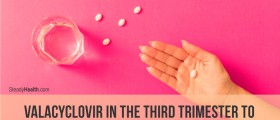

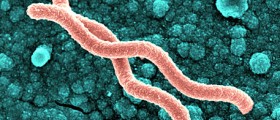
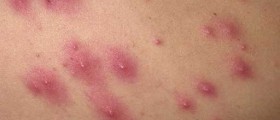

Your thoughts on this
Loading...